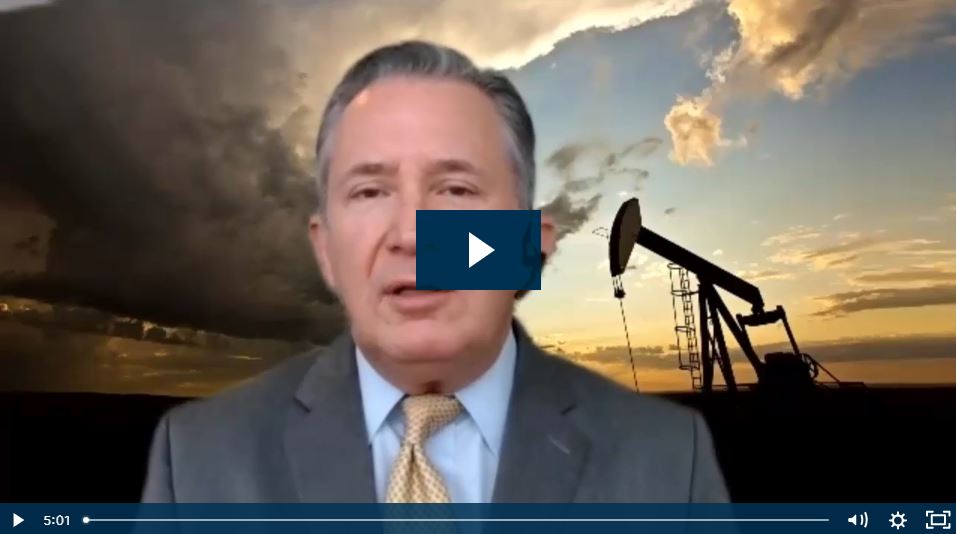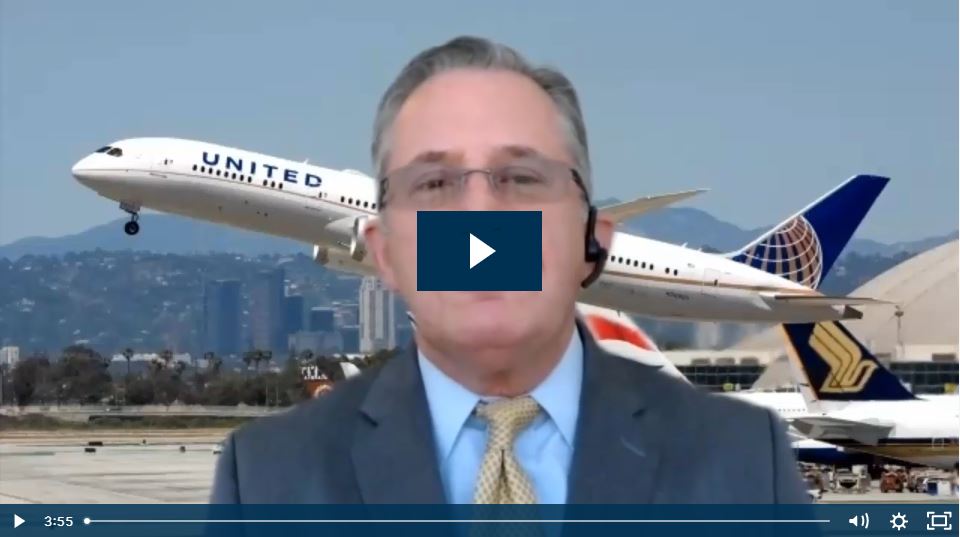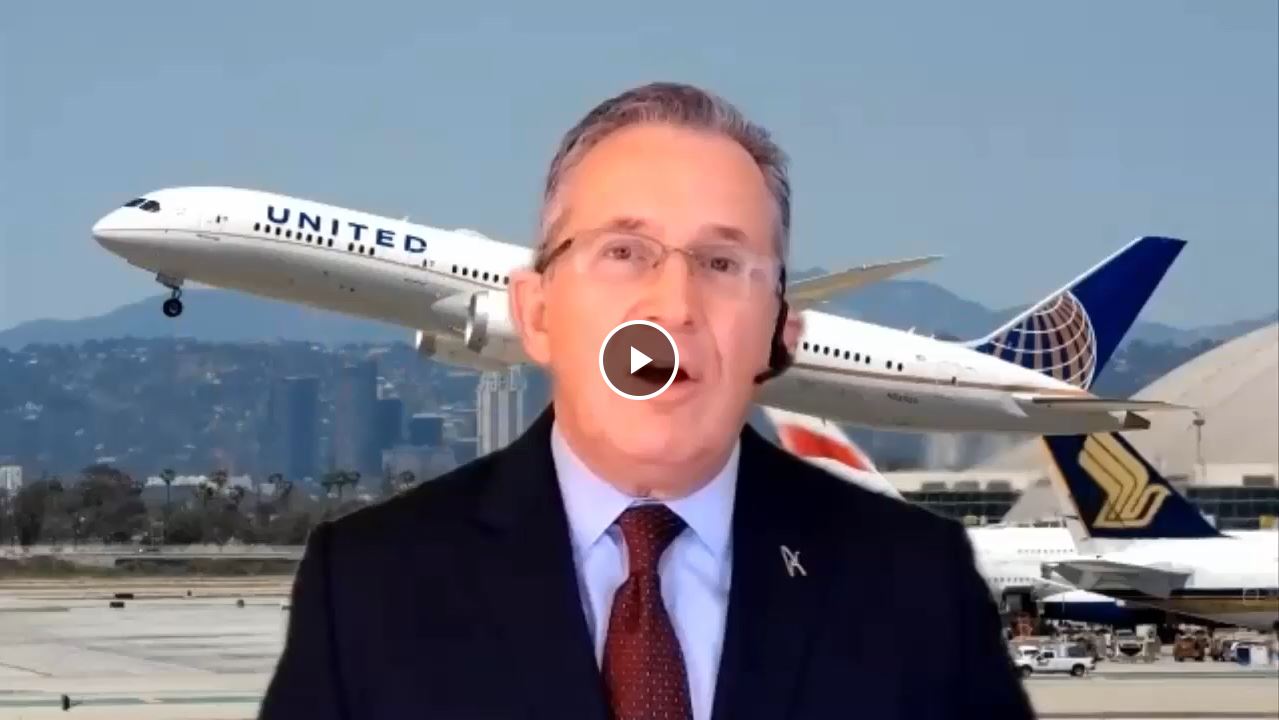
So the Cares Act is beginning to unwind. In fact, without an act of Congress it ends July 31st. Will the economy unwind with it? As the Cares Act unwinds in just the next day or so, is the economy going to unwind with it? We know July 31st the unemployment benefit of additional $600 is expiring. Now there is an interim proposal to keep it going until a negotiated settlement has been reached. I think the Republicans would like to continue the unemployment benefit, but with just an additional $200 instead of $600. And the other issue is evictions. There's been a moratorium on evictions for all properties that are backed by a government-subsidized loan - Freddie Mac, Fannie Mae, all of those. That has actually already hit the sunset provision. Again, if they don't extend it, will there be massive evictions as well as the loss of unemployment...
Read More














Recent Comments